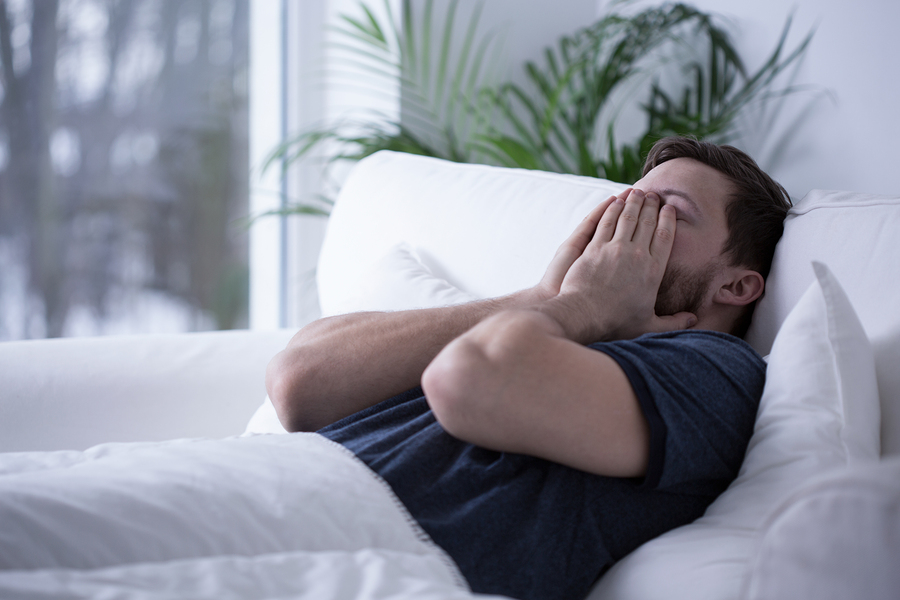- Make It Yourself Lavender Heart-Shaped Bath Bombs!
- 20 Things You Never Knew About “Down There”
- 12 Best Foods For Those Suffering From Arthritis Pain
- 12 Personal Hygiene Mistakes Almost Everyone Makes (Mom Never Told You About #4!)
- 15 Medicinal Plants And Herbs From The Cherokee People
- 12 Mind-Blowing Benefits Of Drinking Coconut Water During Pregnancy
- 12 Outstanding Winter Foods That Won’t Fatten You Up Like A Christmas Turkey
Sleepless Nights Associated With Poor Mental Health
Not getting enough sleep for just one night makes you feel worn-out, groggy, and moody. We might think, “Maybe if I just have an extra cup of coffee,” or, “Maybe if I just catch a quick nap later I’ll feel better.” But what if you miss sleep for two nights in a row? What if this lack of sleep continues for a few nights or more? Can it really affect your mental health? Studies say yes! So what are some of the side effects of not getting enough sleep, and how much sleep should you be getting? Let’s discuss.
How can lack of sleep affect mental health?
- Cells slow down – It turns out that groggy or sluggish feeling you get may go all the way down to the cellular level. Brain cells communicate with each other through electrical signals. However, sleep deprivation causes these signals to become slower and weaker. You can think of this as a remote control with batteries that are almost dead. It may still be able to change the channel, but it might take more than one try, and it may be slower. This is similar to what happens to the brain when it is sleep deprived — the signals may still fire, but it may take more than one try, and it may be slower.
- Negative thinking – When we are sleep-deprived, our brains have more negative thoughts. And these thoughts may become repetitive. These repetitive negative thoughts may then lead to difficulty falling asleep. This can often become a cycle in which individuals who are sleep-deprived get stuck in these negative thoughts and stuck getting sleepless nights.
- Depression – Sleep problems are associated with an increased risk for depression. Some studies show that individuals with sleep problems are as much as four times more likely to develop depression.
How much sleep do you really need?
According to the Centers for Disease Control and Prevention (CDC), the amount of sleep a person needs depends on a number of factors, including sleep quality and health. However, one of the main factors that determines how much sleep you need is age. The recommended hours of sleep per 24 hours or per day for each age group are as follows:
- 0-3 months: 14-17 hours
- 4-12 months: 12-16 hours (including naps)
- 1-2 years: 11-14 hours (including naps)
- 3-5 years: 10-13 hours (including naps)
- 6-12 yeas: 9-12 hours
- 13-18 years: 8-10 hours
- 18-60 years: 7 or more hours
- 61-64 years: 7-9 hours
- 65 and older: 7-8 hours
Continue to Page 2

































